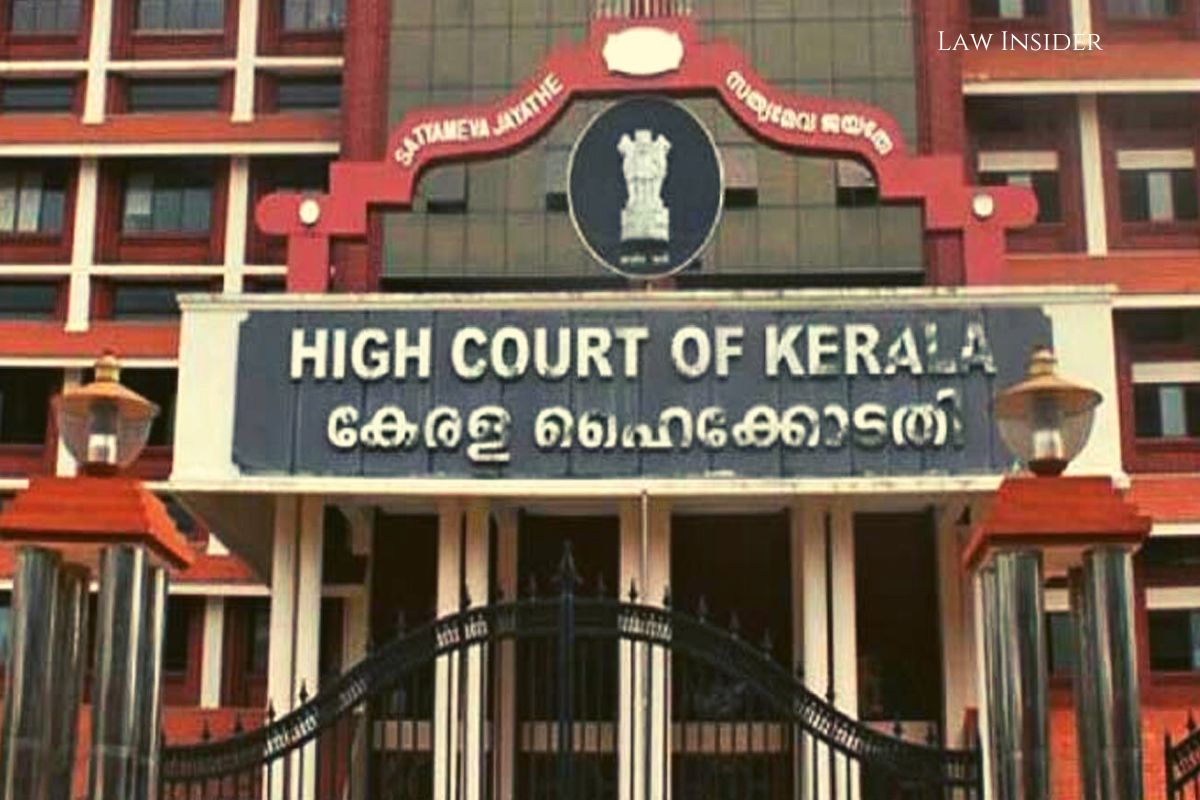Shivani Thakur
Published on: July 3, 2022 at 12:31 IST
The Kerala High Court granted a petition seeking to overturn a decision made by the Rent Control court on the grounds that the lower court erred significantly in making the in question decision.
The Bench noted that it was only essential if the lower court had made a plain error or used blatantly twisted logic to reach its result while deciding whether interference by the High Court was warranted on the order issued by the Rent Control Court.
“No interference under Article 227 of the Constitution is called for unless this Court finds that the lower court or tribunal has committed a manifest error, or the reasoning is palpably perverse or patently unreasonable, or the decision of the lower court or tribunal is in direct conflict with settled principles of law.”
The landlord filed an interlocutory application in the Rent Control Petition asking for an order directing the tenant to return accepted rent arrears and continue paying rent from the succeeding period. The tenant was appointed ex parte because he did not object to the petition.
The Rent Control Court allowed the application, but later recalled the order noticing that it was passed in the absence of the tenant.
Challenging the impugned order, the tenant moved the High Court invoking the supervisory jurisdiction under Article 227 of the Constitution.
The Court noted that the purpose of Section 12(1) was to deny the defaulting tenant the right to challenge the eviction application before the Rent Control Court or to prefer an appeal against any order made by the Rent Control Court on an application made by a landlord unless he pays to the landlord, or deposits with the Rent Control Court or the Appellate Authority, all arrears of rent that he admitted to be due, up to the date of payment or deposit, and continues to occupy the property.
In addition, the Supreme Court decisions were cited, which held that the High Court can only intervene in a court or tribunal’s order in the exercise of its power of supervision under Article 227 when there has been blatant perversity in the orders of the tribunal and courts that are subordinate to it, when there has been a gross and obvious injustice, when the fundamental principles of natural justice have been disregarded, and when the jurisdiction of the court or tribunal has been violated.
Since the Rent Control Court made an evident error in passing an order in the interlocutory application, relying on Section 12’s provisions, it was determined that interference under Article 227 was required in this case.

